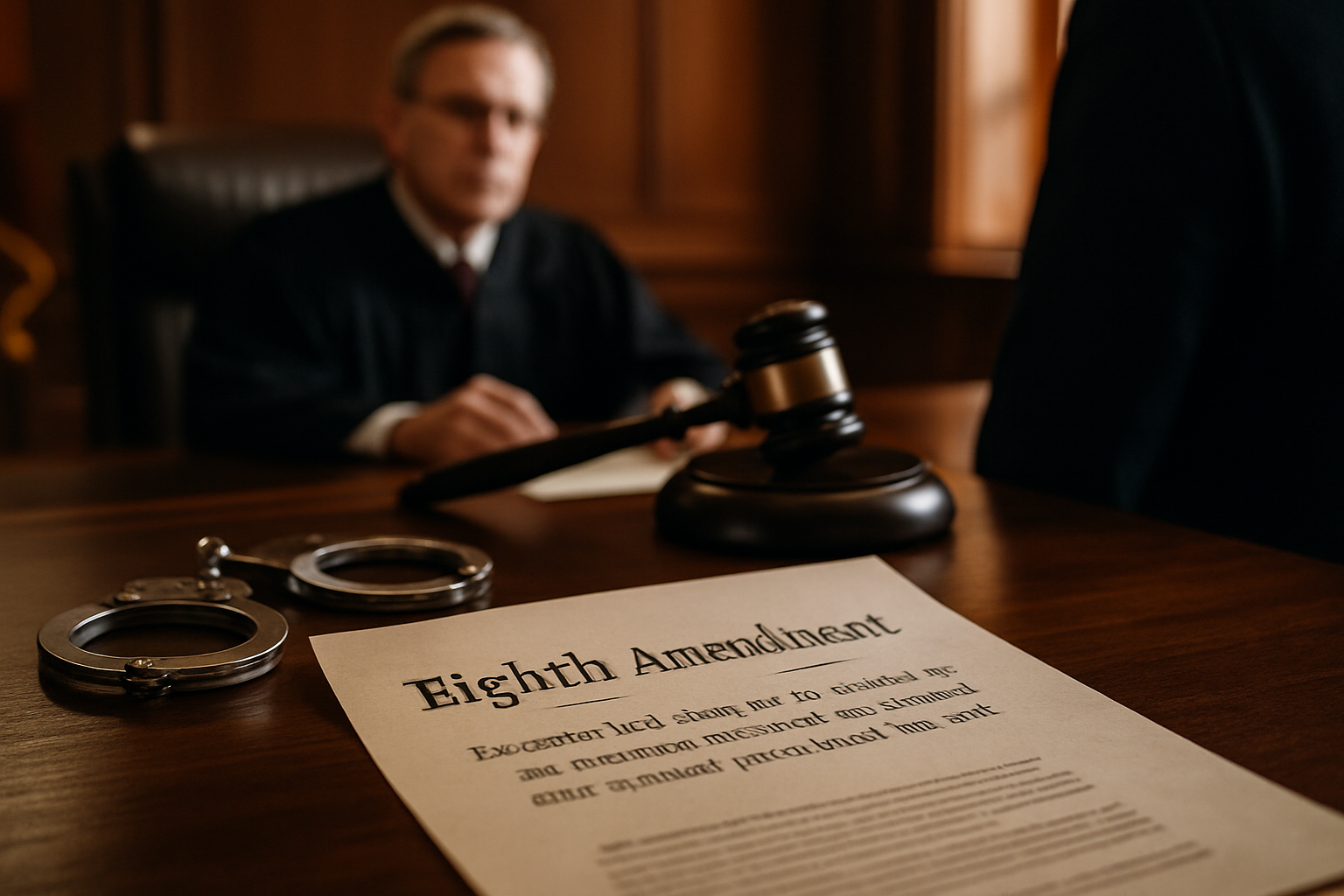Title: Judicial Lobbying: A Growing Influence on American Law
In today's complex legal landscape, a lesser-known phenomenon is reshaping the American judicial system. Judicial lobbying, the practice of judges advocating for or against legislative changes affecting the courts, has gained significant traction in recent years. This article delves into the intricate world of judicial lobbying, exploring its implications for the separation of powers and the administration of justice in the United States.

Historical Context and Legal Foundations
The roots of judicial lobbying can be traced back to the early days of the American republic. The Founding Fathers envisioned a system of checks and balances, but the exact boundaries of judicial involvement in legislative matters remained unclear. Over time, informal channels of communication between branches of government developed, laying the groundwork for more active judicial participation in legislative affairs.
The Modern Landscape of Judicial Lobbying
Today, judicial lobbying takes various forms, from testifying before congressional committees to writing letters to legislators. Judges argue that their unique perspective and expertise are valuable in crafting laws that impact court operations, judicial salaries, and the administration of justice. However, this increased involvement raises questions about the appropriate role of the judiciary in the legislative process.
Legal and Ethical Considerations
The practice of judicial lobbying exists in a gray area of legal and ethical norms. While there are no explicit prohibitions against judges engaging in lobbying activities, concerns about maintaining judicial impartiality and the separation of powers persist. The Code of Conduct for United States Judges provides some guidance but does not definitively address the boundaries of permissible lobbying activities.
Impact on Legislation and Court Operations
Judicial lobbying has had tangible effects on legislation affecting the courts. Judges have successfully advocated for increased funding, improved court facilities, and changes to procedural rules. However, critics argue that this influence may compromise the independence of the judiciary and blur the lines between branches of government.
Public Perception and Trust in the Judiciary
The growing visibility of judicial lobbying efforts has sparked debate about public trust in the courts. Some argue that judges’ involvement in legislative matters enhances transparency and leads to better-informed lawmaking. Others contend that it undermines the perception of judicial impartiality and erodes public confidence in the legal system.
Case Studies: Successes and Controversies
Several high-profile cases of judicial lobbying have shaped the current landscape. For instance, Chief Justice John Roberts has been vocal about the need for increased judicial pay, while other judges have lobbied for reforms to sentencing guidelines. These efforts have yielded mixed results and varying degrees of public scrutiny.
The Future of Judicial Lobbying
As the practice of judicial lobbying continues to evolve, policymakers and legal scholars are grappling with how to balance the valuable insights judges can provide with the need to maintain judicial independence. Some propose formal guidelines or restrictions on lobbying activities, while others advocate for greater transparency in judge-legislator interactions.
International Perspectives
The United States is not alone in grappling with the issue of judicial lobbying. A comparative analysis of how other democratic nations handle judicial involvement in legislative matters offers valuable insights and potential models for reform.
Conclusion: Striking a Balance
The debate surrounding judicial lobbying reflects broader questions about the role of the judiciary in a democratic society. As this practice continues to shape American law, finding the right balance between judicial expertise and independence remains a critical challenge for the legal system. The ongoing discussion will undoubtedly influence the future of judicial-legislative relations and the administration of justice in the United States.




